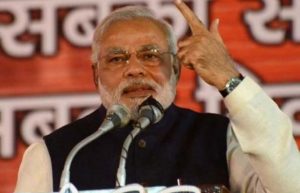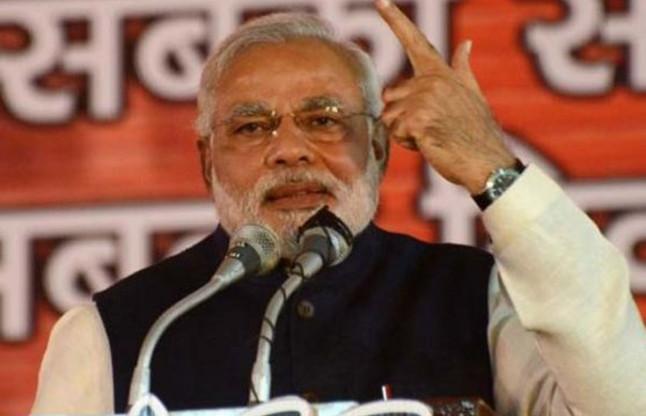
Janjivan Bureau
WASHINGTON: Observing that the Modi government which came to power last year on a plank of change has been bogged down by bureaucracy and politics, a top US think-tank has said “caution” and not enthusiasm is evident in every arena.
Washington-based Hudson Institute in a report ‘Modi One Year On’ said the BJP-led government was voted into power by a new generation of Indians.
The new Indian electorate is aspirational and demands instant gratification and immediate results, it said.
The report lays out how a government that came in on a plank of change and reform has been bogged down by bureaucracy and politics.
“Caution and not enthusiasm is evident in every arena, whether economy, defence, healthcare, trade and investment, energy, education and labour,” the report said.
“Yet there are tremendous opportunities before the Modi government: there is still tremendous popular support for Mr (Narendra) Modi personally, the corporate sector is still hopeful of change, the global environment has been helpful and India’s demographic dividend is in India’s favour,” it said, adding that Modi backers are also impatient for positive results.
“Markets run on sentiments and until now the upswing in Indian economic growth has been primarily because the markets remain hopeful of change for the better. Prime Minister Modi must act fast before this hopefulness dissipates,” said the report.
The report argues that India’s economy is growing but not because of government policies and actions. The pace of growth has increased because of global economic factors, such as lower oil prices and the fact that the market still ‘hopes’ that things will change.
“Some government actions, such as ‘tax terrorism’ — imposition of retroactive taxes on multinational corporations — and the lack of implementation of tax and labor reforms, have hurt India’s economic outlook,” the report said.
India in the defence industry faces numerous challenges, foremost amongst them being India lacks necessary technology and investment to be self-sufficient in the defence sector.
To modernise its armed forces, India will need to diversify its arms acquisitions and streamline licensing processes, it said.
Future of India’s defence lies in being pragmatic about purchasing what it requires in order to build its military and yet boosting its domestic industry with investment and technology, the report said.
“Given the international interest in the performance of the Modi government and the expectations about India’s economic potential being unleashed, it was important to methodically examine the facts,” former Pakistan ambassador to the US Husain Haqqani, who is now part of the Hudson Institute, said.
Modi govt bogged down by bureaucracy, politics: US think tank
ADVERTISEMENT

















